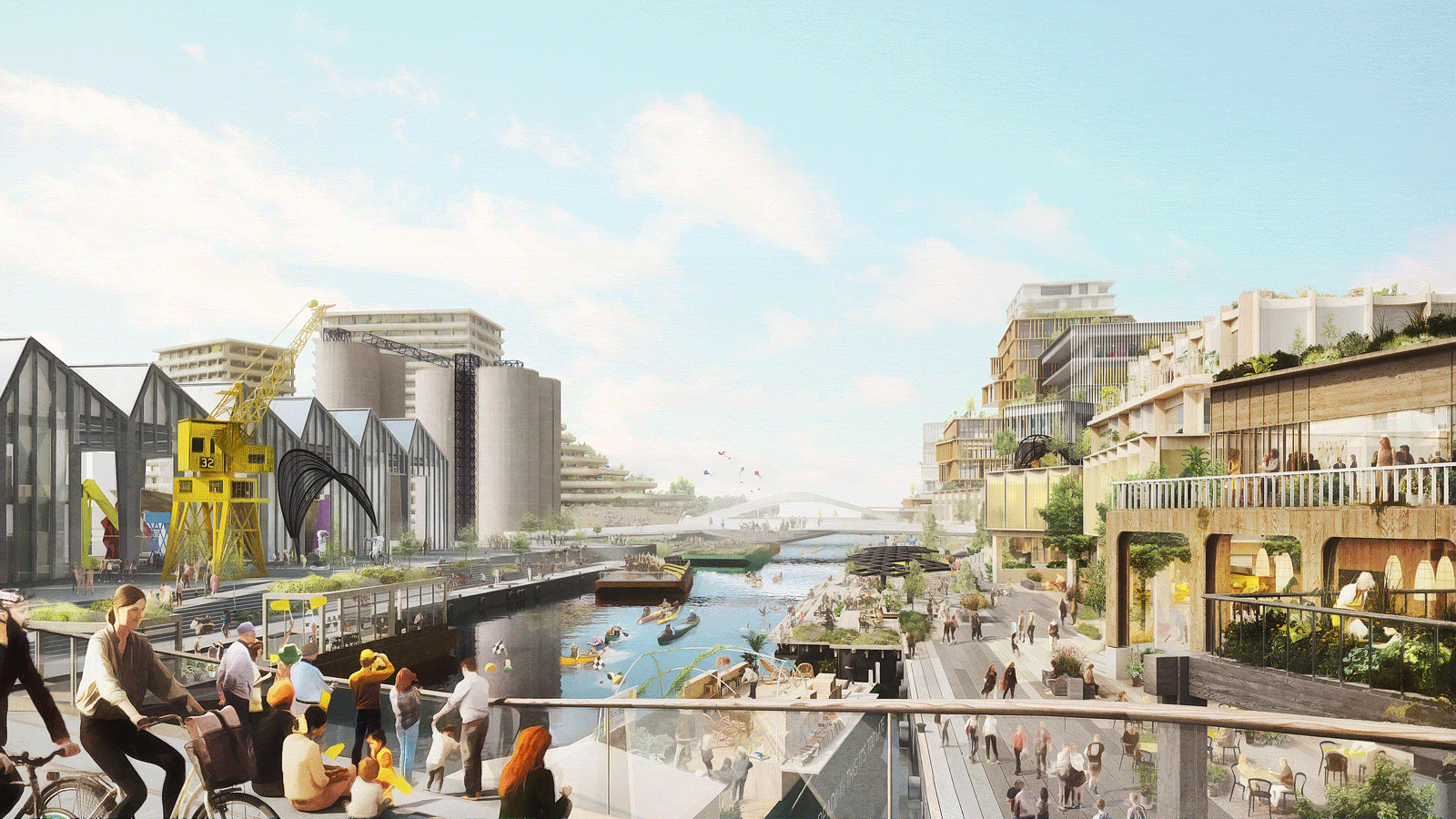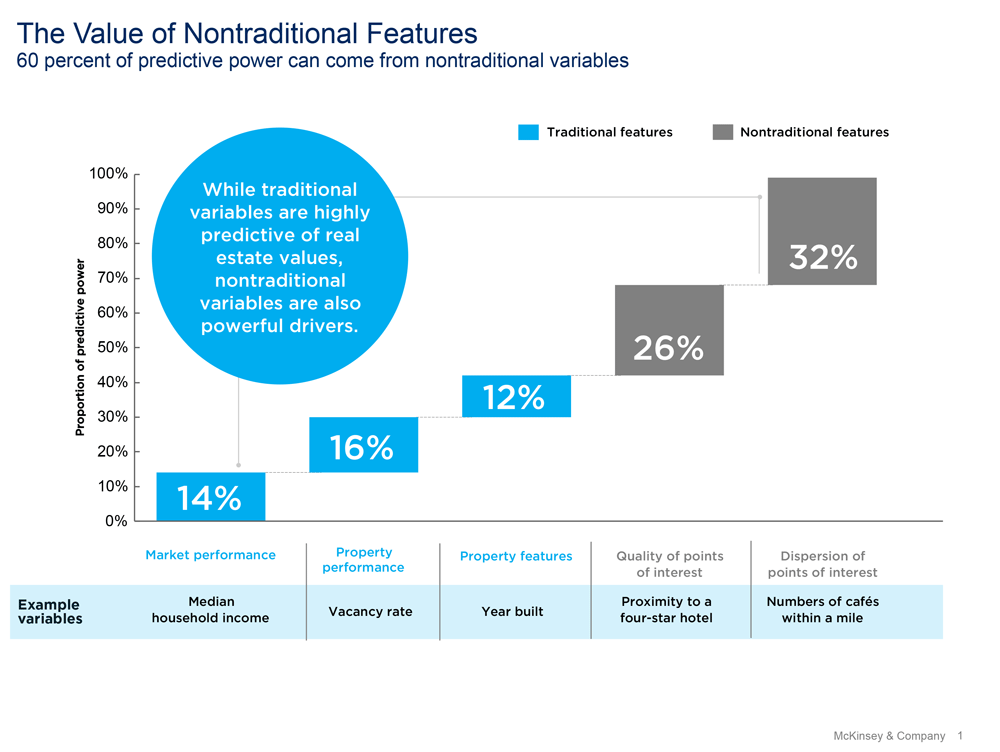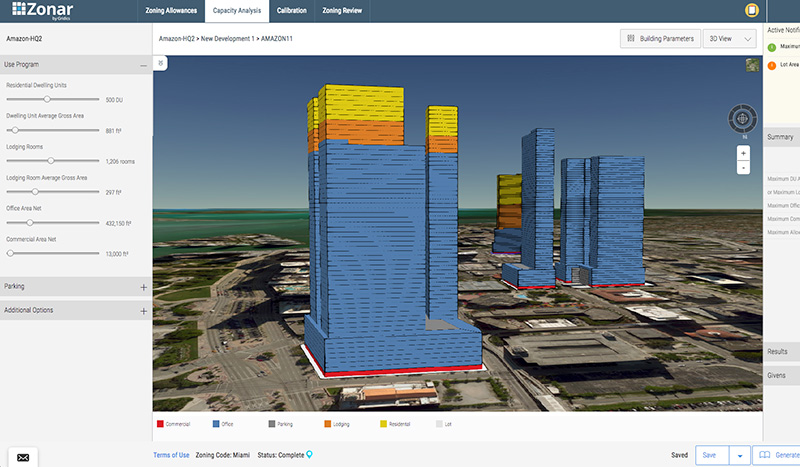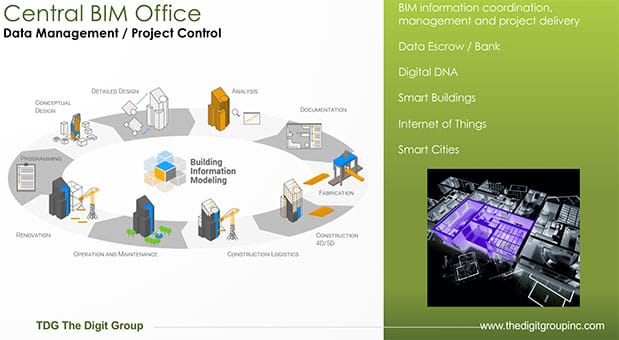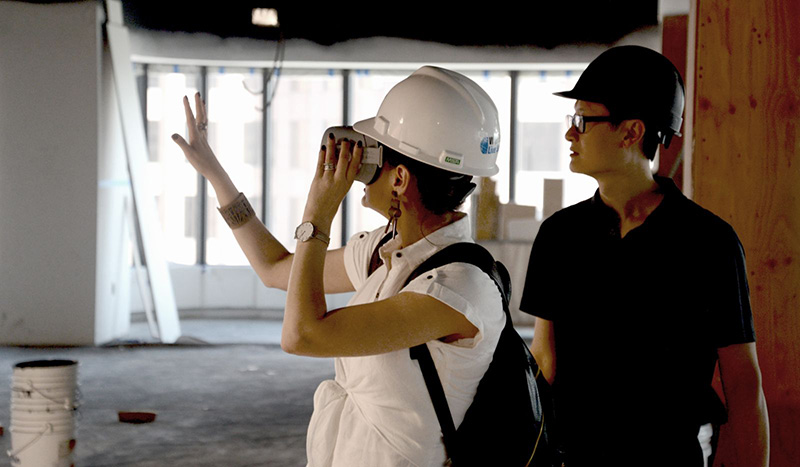Technology and the Built Environment

Article: While in some ways the core methods of the construction and financing of buildings has not changed much compared to other industries, the real estate industry must always adapt to changes in preferences, often driven by changes in technology.
For example, the mass adoption of the automobile, now almost a hundred years ago, changed views on the need for parking, how long of a commute was possible, leading to the creation of larger grocery stores, malls, suburban office parks, and many other innovations in the built environment.
Brought to you in partnership with:

That shift is also reversing itself now, as the potential for driverless cars, and even the increased use of ride-hailing and car-sharing are shifting consumer needs for dedicated parking in office and residential in downtown areas. The increased use of sensors will allow for smarter management of traffic, water, and waste, both at a building level but potentially at a city or even more macro level.
Air conditioning, elevators, steel construction for taller buildings, all of these new technologies impact the world around us and what is possible in terms of the highest, best use of any particular piece of land. Newer technologies such as virtual and augmented reality are already helping with changing the design process, with other technologies still on the horizon, including 3-D printing, blockchain, modular construction, just to name a few.
ULI has two product councils focused on technology and real estate in the Americas and one each in both the EMEA and APAC regions. Find more content on the New and Disruptive Technology topic page on Knowledge Finder.
Here are some recent Urban Land features exploring this topic:





